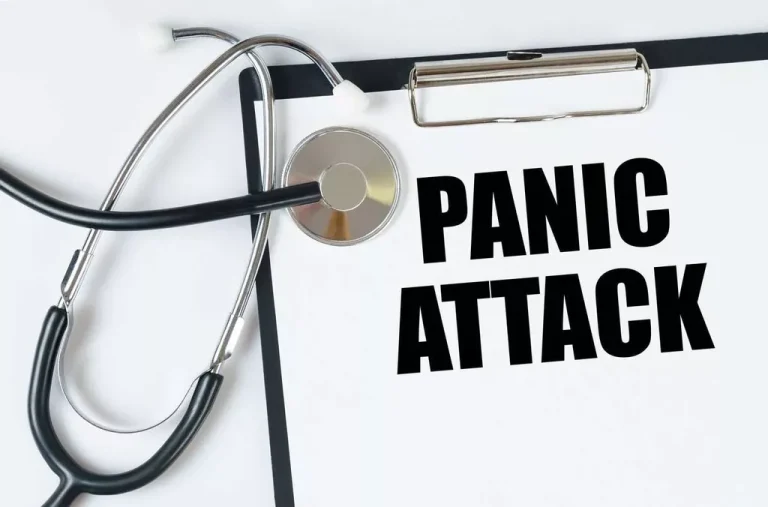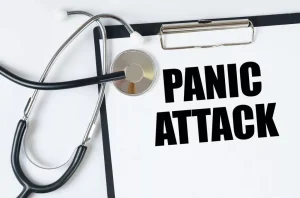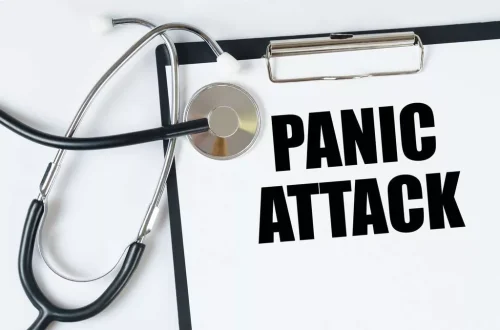
Shorter programs, sometimes called “DBT-informed programs,” use some methods or structure of DBT and can be very helpful for certain people. Some people start to feel better and notice a positive difference within a few months of starting DBT. If you think DBT could be a good fit for you, ask your doctor if they can suggest a therapist. For instance, Behavioral Tech Institute is a group that trains therapists in DBT and offers a list of providers. In a complete DBT program, your therapist will also meet regularly with other therapists. In the context of DBT, mindfulness is broken down into “what” skills and “how” skills.

Managing Extreme Emotion

This way of thinking is itself a part of the DBT program—learning to see and think in dualities rather than in black-or-white dichotomies. For example, finding a “both-and” approach to understanding one’s own behaviour and feelings helps that individual see an experience as being both biologically and socially induced as well as both acceptable and changeable. The dialectic element of DBT is often described as borrowing a mindfulness component from Zen Buddhism, and in fact mindfulness is one of the major skills patients are taught during DBT. Dialectical behaviour therapy (DBT), in psychotherapy, a type of cognitive behaviour therapy (CBT) that emphasizes the acceptance of all feelings and behaviours while at the same time attempting to change some of those behaviours. If you are suffering from suicidal ideation, self-harm behaviors, or another mental health condition, you are not alone.
- Stage 1 prioritizes life-threatening behaviors, teaching suicide prevention and crisis survival strategies so clients can function safely.
- Stage three addresses interpersonal behaviours and any difficult practical life situations with the goal of reducing disorder in daily life.
- Because supporting people with life-threatening behaviors can be challenging, DBT therapists work with consultation teams.
- DBT often involves telephone crisis coaching to support you in your daily life.
Packing your hurricane go bag? Make provisions for your health

This therapy introduces techniques that can help patients redirect those negative thoughts. If you struggle to manage your emotions or control unhealthy or harmful behaviors, DBT could be a good choice for you. However, DBT puts a little more emphasis on managing emotions and interpersonal relationships. This is largely because it was originally developed as a treatment for BPD, which is often marked by dramatic swings in mood and behavior that can make having relationships with others difficult. It’s an approach to therapy that can help you learn to cope with difficult emotions. Acceptance is also an important part of the client-therapist relationship.
Dialectical behavior therapy: What is it and who can it help?
Learning dialectical behavioral therapy to regulate emotions is a component of DBT that aims to help individuals be more comfortable and accepting of their own emotions. This, therefore, teaches healthy coping skills to those struggling with negative thoughts. For example, a mindfulness exercise may involve paying close attention to the physical sensations while slowly eating a raisin and noticing any thoughts or feelings that arise. Plus, you learn to avoid situations that typically trigger strong emotions and pursue events that boost positive emotions.
- DBT teaches that accepting your current reality doesn’t mean you like or agree with it—it just means you understand what it is.
- This isn’t to be confused with group therapy, in which you discuss your problems with others.
- Stage two attempts to replace emotional problems such as quiet desperation and numbness with calm emotional experiences.
- Today, mental health professionals use it to treat other complex conditions and issues as well.
Risks of DBT
They are usually made when patients have an immediate crisis or need some advice on how to implement DBT skills. Lorandini notes that all patients are encouraged to fill out a weekly “diary card,” which is a self-monitoring chart used to document urges, behaviors, emotions, and skills. It was originally developed to treat people with BPD with chronic suicidal thoughts or behaviors, according to the University of Washington.

